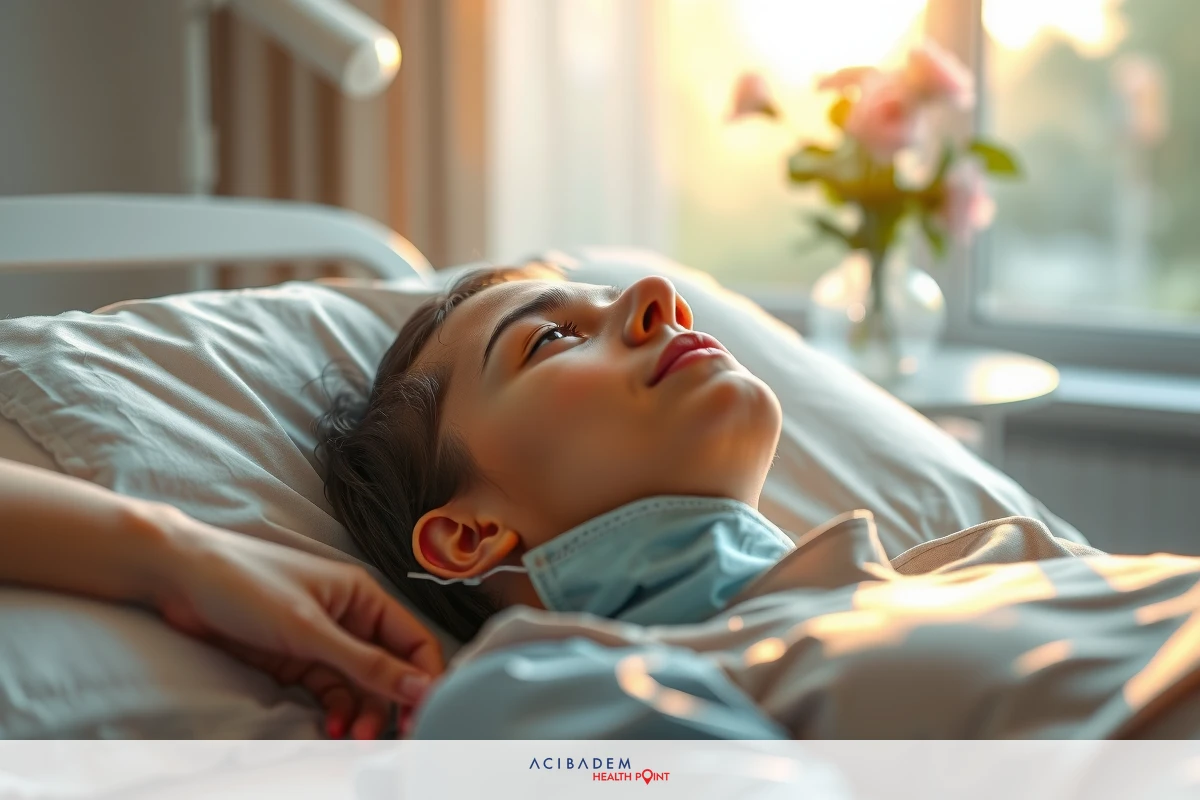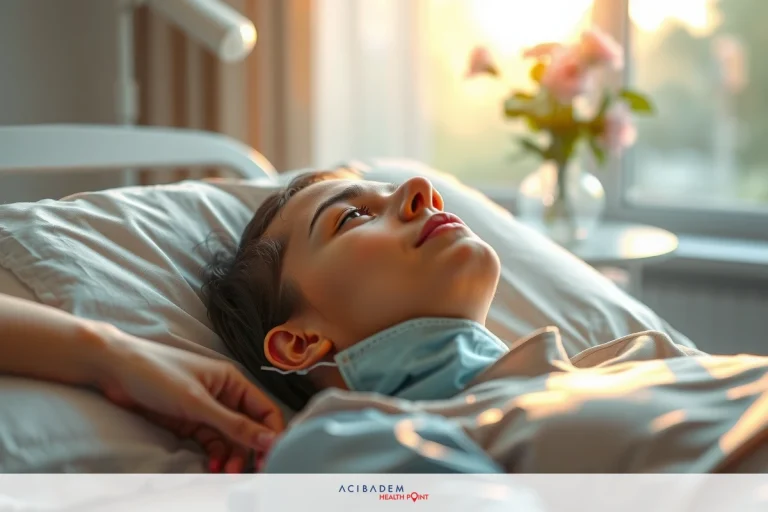How to Look After Nose After Rhinoplasty
How to Look After Nose After Rhinoplasty Rhinoplasty, a reshaping of the nose, demands careful aftercare for optimal recovery. The immediate hours and days following the operation are crucial. Pain management, swelling reduction, and meticulous nasal hygiene become paramount tasks.
The journey towards healing might seem arduous at first glance. But with proper guidance and adherence to post-operative instructions, it becomes manageable. This piece offers practical advice on how to navigate this period effectively and efficiently without exacerbating discomfort or risking complications.
Immediate Post-Operative Care
The immediate post-operative phase commences as soon as the surgical procedure ends. During this critical period, patients need to prioritize their nose care and monitor any discomfort meticulously. Controlling pain and reducing swelling are two key aspects of rhinoplasty recovery that require particular attention. Using cold compresses in a safe manner can alleviate pain while helping with swelling reduction.
Maintaining a gentle approach when dealing with your nose is essential during the aftercare process to avoid unnecessary complications or delays in healing. This involves being mindful not to blow your nose vigorously for at least one week following surgery, regardless of how congested you may feel. The use of prescribed medication also plays an indispensable role in managing pain effectively whilst promoting faster recovery times.
A vital component of successful post-operative care is ensuring cleanliness around the nasal area without causing further trauma to it. This might involve using saline solutions administered via small droppers or spray bottles designed specifically for nasal application, which allows for cleansing without physical contact that could irritate the sensitive area even more so than usual due to recent surgery. It’s important not just for hygiene purposes but also because it aids in keeping your airways clear from congestion caused by mucous build-up or blood clots, both common occurrences following rhinoplasty procedures.
In conclusion, understanding these steps will ensure effective post-operative care management after undergoing rhinoplasty surgery – all part and parcel of a smooth path towards healing.
Maintaining Nasal Hygiene
Keeping the nasal passage clean is paramount in your journey to full recovery after rhinoplasty. The primary aim of maintaining good nasal hygiene post-surgery is preventing infections and ensuring a smooth healing process. This involves several crucial steps that require careful attention.
Saline solution: Utilizing saline solution for cleaning can be a game changer in nose care during recovery from rhinoplasty. Saline solutions are gentle on the sensitive nasal tissues, yet effective at keeping the area clean.
Avoiding irritants: It’s important to stay away from potential irritants such as smoke or dust which could aggravate your nasal passages causing discomfort and delaying healing.
Gentle cleaning methods: Cleaning should be done gently without causing any undue pressure inside the nose that might affect the surgical outcome adversely. Using cotton swabs soaked in warm water or saline solution can help achieve this. Regular cleansing routine: Establishing a regular routine for cleansing will keep your nasal environment optimal for healing while making it less conducive for bacterial growth.
By adhering strictly to these guidelines, you’ll successfully maintain excellent nasal hygiene throughout your post-operative period thus paving way for an uncomplicated and swift recovery following rhinoplasty surgery.

How to Look After Nose After Rhinoplasty: Minimizing Swelling and Discomfort
Swelling and discomfort are common after rhinoplasty, but managing these symptoms effectively can significantly improve your recovery experience. It’s important to understand that while some degree of swelling is inevitable, there are multiple ways to alleviate this.
Cold compress: Applying a cold compress around the area (not directly on the nose) in the first 48 hours post surgery can reduce swelling and provide relief from pain.
Elevation: Keeping your head elevated, especially during sleep, promotes fluid drainage thus helping with inflammation reduction.
Medication: Prescribed medication plays a crucial role in pain management. Following your doctor’s guidelines regarding dosage will ensure maximum efficiency of these meds in controlling discomfort.
Rest: Adequate rest is essential for healing; it allows your body to focus its energy on repairing surgical areas and reducing swelling.
By implementing these strategies diligently, you’ll be able to minimize discomfort throughout your rhinoplasty recovery period while promoting swift healing. Remember though that every individual recovers at their own pace so patience alongside diligent care goes a long way towards ensuring successful outcomes post-surgery.
Frequently Asked Questions
What is the typical timeline for rhinoplasty recovery?
Each individual's healing process varies, but generally, major swelling and bruising subside within two weeks. However, subtle changes may continue to occur over a year.
When can I resume my regular exercise routine post-surgery?
It is advisable to avoid strenuous activities that could increase blood pressure in your nose for at least three weeks after surgery. Gentle walking can be initiated as soon as you feel comfortable.
Are there any specific nose care tips I should follow during the recovery period?
Yes, maintaining nasal hygiene by gently cleaning with saline solution and avoiding irritants like smoke and dust are crucial steps towards a smooth recovery.
How do I manage pain and discomfort during rhinoplasty aftercare?
Cold compresses applied around the area (not directly on the nose), keeping your head elevated especially while sleeping, taking prescribed medication properly, and ensuring ample rest will help alleviate discomfort.











